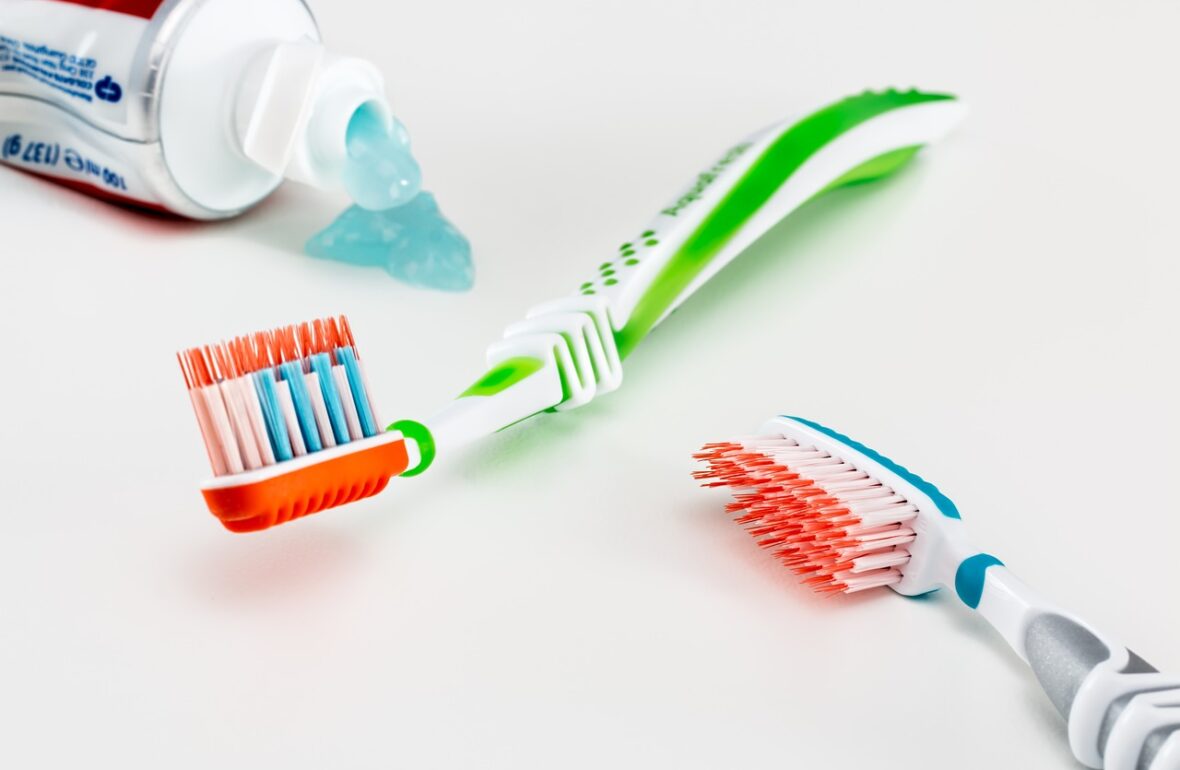
Step into the world of dental health as we unveil the truth about fluoride in toothpaste. Is it really a defender against cavities, or does it pose risks to your overall well-being? In this exploration, we scrutinize the safety aspects of fluoride in toothpaste, offering a balanced view backed by scientific insights. Whether you’re a cautious consumer or seeking clarity on oral care, this investigation will help provide the answers you need to make informed decisions about your dental hygiene.
While fluoride is widely recognized for its dental benefits in preventing tooth decay, some concerns have been raised about its safety. The vast majority of scientific evidence supports the safety and efficacy of fluoride in preventing cavities when used in appropriate amounts. However, there are some concerns that have been raised that have stopped me from using fluoride-laden products in our oral care products.
Let’s discover the facts and myths surrounding fluoride, ensuring your smile stays bright and healthy.
Dental Fluorosis:
Dental fluorosis is a cosmetic issue that can occur when individuals are exposed to excessive fluoride during the development of teeth. It may lead to discoloration or pitting of tooth enamel. This is more likely to happen when young children ingest too much fluoride through multiple sources, including toothpaste and drinking water with high fluoride content.
Skeletal Fluorosis:
Skeletal fluorosis is a rare but more severe condition associated with long-term exposure to very high levels of fluoride. It affects the bones and joints, causing pain and limited mobility.
Neurological Concerns:
Some studies have suggested a potential link between high fluoride exposure and adverse effects on cognitive function, particularly in children. The evidence on this topic is still inconclusive, and more research is needed to establish any direct causation. However, very concerning and in my opinion just not a risk I am willing to take.
Endocrine Disruption:
There is ongoing research into whether fluoride may interfere with the endocrine system, potentially affecting hormone function. Some studies have suggested associations between high fluoride levels and disruptions in thyroid function.
Fluoride Sensitivity:
Some individuals may be sensitive or allergic to fluoride, experiencing skin rashes, gastrointestinal discomfort, or other allergic reactions.

It’s important to note that while these concerns exist, they are often associated with high levels of fluoride exposure, and the majority of people using fluoride-containing toothpaste as directed by oral health guidelines do not experience these issues.
The decision to continue to use or ditch fluoride lies entirely in how you feel about the product knowing these facts listed above. I stopped the use of fluoride years ago because the negatives seemed to outweigh the positives.
I understand cavities, especially in younger children, may be of concern when thinking about ditching fluoride toothpaste. However, my kids visit the dentist regularly and cavities or decay have never been a concern at any of their visits.
Here are some great ways to prevent cavities and decay more naturally:
Diligent Oral Hygiene:
Brush your teeth at least twice a day using fluoride-free toothpaste or toothpaste with alternative ingredients. Make sure to floss daily to remove plaque and debris between teeth.
Xylitol Gum:
Chewing sugar-free gum sweetened with xylitol may help inhibit the growth of bacteria in the mouth and promote saliva production, which can contribute to preventing cavities.
Oil Pulling:
Some people find oil pulling with coconut oil or other vegetable oils beneficial for oral health. Swishing a tablespoon of oil in your mouth for about 15-20 minutes before spitting it out may help reduce harmful bacteria.
Calcium and Phosphorus-Rich Foods:
Include calcium and phosphorus-rich foods in your diet, such as dairy products, leafy greens, nuts, and seeds. These minerals contribute to the remineralization of tooth enamel.
Vitamin D:
Ensure you get an adequate amount of vitamin D, which plays a crucial role in the absorption of calcium. Sun exposure, vitamin D-rich foods, or supplements can help maintain optimal levels.
Avoiding Sugary Foods and Beverages:
Limit your consumption of sugary foods and beverages, as sugar promotes the growth of bacteria that produce acid, leading to tooth decay. Opt for whole, unprocessed foods whenever possible.
Regular Dental Check-ups:
Schedule regular dental check-ups and cleanings. Your dentist can identify potential issues early on and provide guidance on maintaining good oral health.
Hydration:
Drinking plenty of water helps keep the mouth hydrated and stimulates saliva production, which is essential for maintaining a healthy oral environment.
Herbal Mouthwashes:
Some people use herbal mouthwashes containing ingredients like tea tree oil or neem oil for their potential antimicrobial properties. However, it’s essential to use these products with caution and under guidance, as some may cause irritation.
Remember, maintaining oral health is a holistic approach that involves a combination of good hygiene practices, a balanced diet, and regular dental check-ups. Consult with your dentist for personalized advice based on your specific oral health needs.











Leave a Comment